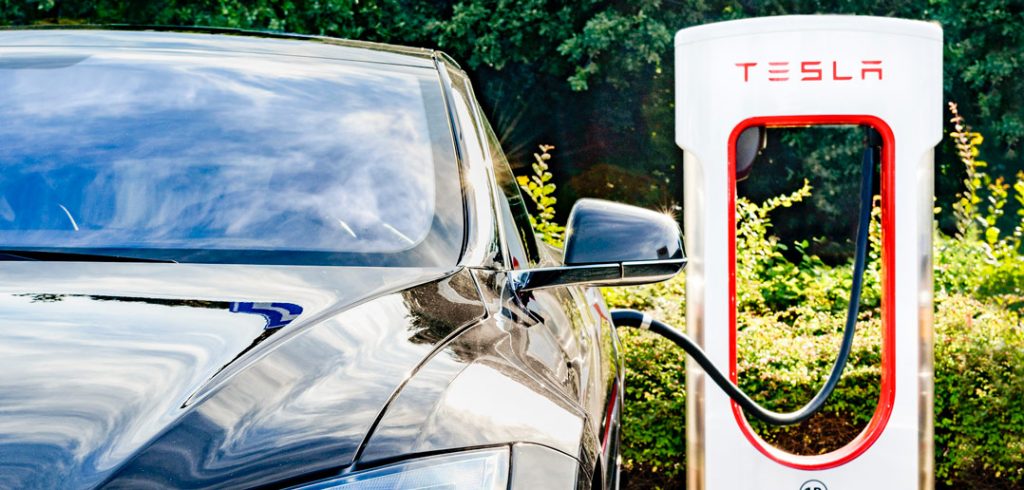Proposed corporate mergers often receive heavy amounts of investor scrutiny. The proposed Tesla-SolarCity is no exception. The stock price of both entities have fallen since the proposed merger was announced on July 31, 2016, and numerous lawsuits have been filed alleging that Tesla’s Board of Directors violated fiduciary duties to their shareholders.[1] While it is common for the acquiring company’s (Tesla) stock to fall when acquiring a company, it is more rare for the target company’s (SolarCity) stock price to fall.[2] This anomaly indicates that investors are skeptical about the merger. Some individual investor skepticism is caused by the large concentration of institutional and insider ownership of both companies.
Institutional and insider ownership can insulate corporate decisions from individual investor input. As noted in the table below, Elon Musk, the founder of both Tesla and SolarCity maintains large stakes in both companies. Musk has stated that he would not vote, because of a conflict of interest, but has vigorously endorsed the merger and touted the synergies that a combined company would create.
| Tesla | SolarCity | ||
| Stockholder | Percentage | Stockholder | Percentage |
| Elon Musk | 26.5% | Elon Musk | 18.4% |
| FMR LLC | 10.2% | FMR LLC | 8.2% |
| Baillie Gifford & Co. | 8.2% | Baillie Giffor & Co. | 6.7% |
| T. Rowe Price Associates, Inc. | 6.0% | T. Rowe Price Associates, Inc. | 5.0% |
| Company Insiders | 1.2% | Company Insiders | 0.7% |
| Total | 52% | Total | 39.0% |
| Total Institutional Ownership | 65.81% | Total Institutional Ownership | 40.32% |
| Total Institutional Voting Power Without Musk | 89.50% | Total Institutional Voting Power Without Musk | 49.40% |
Institutional investors will determine the outcome of the proposed merger. Most corporate mergers require a majority of both companies’ shareholders to vote in favor of the deal. Musk’s decision to refrain from voting shifts overwhelming power towards institutional investors and away from individual investors. Institutional investors own 40.32% and 65.81% of SolarCity and Tesla respectively.[3] Accounting for Musk’s non-voting block of shares, institutional investor ownership shifts to 89% and 49.4% of outstanding shares respectively. Individual investors would have to vote nearly unanimously to block the merger.
While skepticism abounds the proposed Tesla-SolarCity merger, individual investors are practically powerless in the merger vote. Institutional investors will dictate the fate of the two companies as they hold close to the majority of voting shares in both companies.
[2] William T. Allen & Reinier Kraakman, Commentaries and Cases on the Law of Business Organization 464 (Erwin Chermerinsky et al. eds., 5th Ed. 2016).

